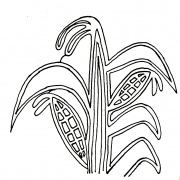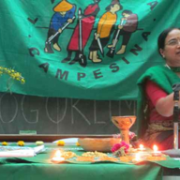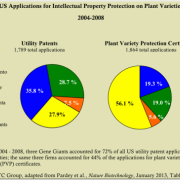Wall Street Journal : Glow-in-The-Dark Plant Makes Activists See Red
Soumis par Anonymous le
Online at http://blogs.wsj.com/tech-europe/2013/05/07/glow-in-the-dark-plant-makes-activists-see-red/
An Israeli startup selling genetically-modified glow-in-the-dark plants over the Web has drawn the ire of environmentalists who are demanding it be withdrawn.




